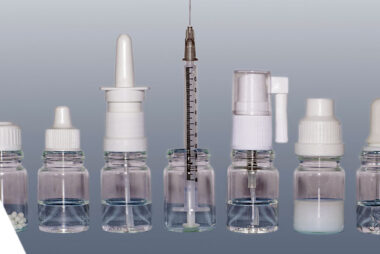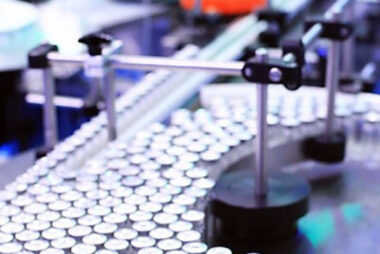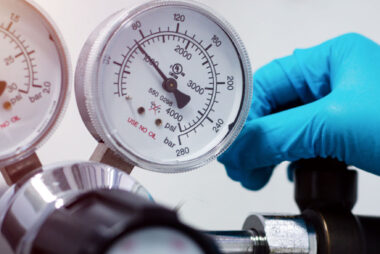
More and more, buyers walking the aisles at their local stores are beginning to see a sticker on the bottles of nutraceuticals, claiming the product has been “GMP tested”. This comes as many consumers are looking for more formal confirmation that the things they are buying are safe, tested and generally made of the stuff the manufacturer claims. “GMP stands for “Good Manufacturing Practices” and is sometimes also refered to as “cGMP” where the “c” is for Current. This designation means that manufacturing processes, systems and technologies have to be updated to be in compliance with regulations as they are updated.
GMP guidelines help organizations develop and maintain controls in their manufacturing process. The interest in GMP testing – in the case of nutraceutical products – is to ensure that they are processed, manufactured and labeled consistently using a set quality standards. GMP guidelines are the minimum requirements and regulations for the equipment, facilities, methods and controls for the manufacturing, packaging, and distribution of dietary supplements. The guidelines apply to all companies that manufacture dietary supplements, regardless of size. The FDA is in charge of enforcing the guidelines.
From the FDA’s website:
“cGMP”refers to the Current Good Manufacturing Practice regulations enforced by the FDA. CGMPs provide for systems that assure proper design, monitoring, and control of manufacturing processes and facilities. Adherence to the CGMP regulations assures the identity, strength, quality, and purity of drug products by requiring that manufacturers of medications adequately control manufacturing operations. This includes establishing strong quality management systems, obtaining appropriate quality raw materials, establishing robust operating procedures, detecting and investigating product quality deviations, and maintaining reliable testing laboratories. This formal system of controls at a pharmaceutical company, if adequately put into practice, helps to prevent instances of contamination, mix-ups, deviations, failures, and errors. This assures that drug products meet their quality standards.
Regardless of whether consumers completely understand what is involved in a “GMP” process, they feel this sticker tells them the product has gone through a more-than-standard series of tests to verify the product in some more formal way. There is a large number of nutraceutical companies taking note of these certification indications among their competitors, as well as the increasing presence of GMP indications on liquid nutritional supplements. Because of this, many large players in the nutraceutical space are beginning to feel some pressure to get their products tested in a GMP Testing Environment like the one provided by Excite Pharma Services.
We are an FDA-inspected laboratory that currently tests to the highest level of the FDA’s requirements for a sterile drug product. Part of the GMP testing process includes guaranteeing that the product has what the manufacturer say it has in it, and it doesn’t include any additional toxic or unsafe additional ingredients. This sort of certification typically speaks to the quality of their manufacturing processes. Going through the GMP testing process allows the manufacturer to showcase these and other positive aspects of their product that are inherent in the outcomes of tests like these.
Some of the other tests conducted within a GMP environment include FTIR (Fourier Transform Infrared Spectroscopy) for manufacturing purposes, GCMS (Gas Chromatography Mass Spectrometry) for residual solvents – which test for things like extractbales & leachables, HPLC (High-performance liquid chromatography) for assay development, ICP-MS (Inductively Coupled Plasma Mass Spectrometry) for metals analysis testing, and a number of other tests. Depending on the size of their project, the Excite Pharma team can establish a plan for their product and timeline the same day.
Let us know if you would like to meet to discuss your nutraceutical testing and/or GMP testing needs.











